Publications
Articles, publications, books, tools and multimedia features from the U.S. Institute of Peace provide the latest news, analysis, research findings, practitioner guides and reports, all related to the conflict zones and issues that are at the center of the Institute’s work to prevent and reduce violent conflict.
Question And Answer
Amid a Changing Global Order, NATO Looks East
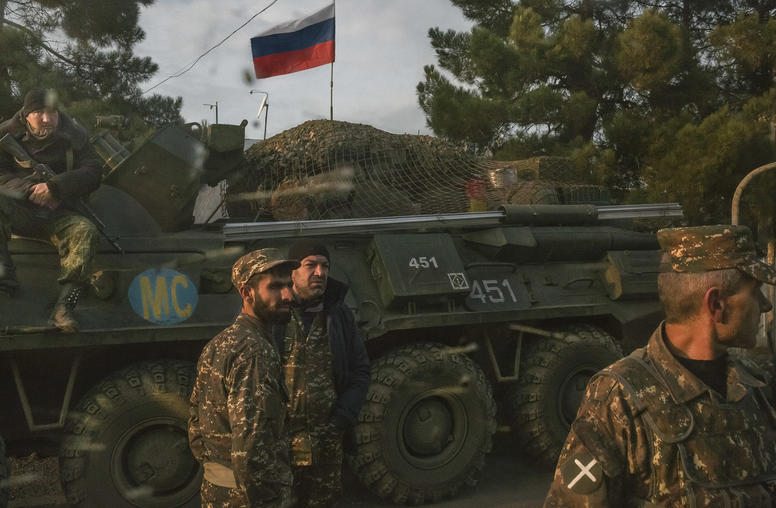
Armenia, Azerbaijan and Georgia’s Balancing Act Over Russia’s War in Ukraine
Since Russia’s invasion of Ukraine, Armenia, Azerbaijan and Georgia have tried in different ways to balance the need for good relations with Moscow with a desire to support Ukrainian territorial integrity and sovereignty. Each has reason to be cautious: Moscow has exploited ongoing conflicts in all three countries to dominate its self-defined sphere of vital interests. While these conflicts persist, Moscow will maintain significant leverage over Yerevan, Baku and Tbilisi. Working with them to resolve these conflicts and preserve their sovereignty should be a priority for the United States and Europe.
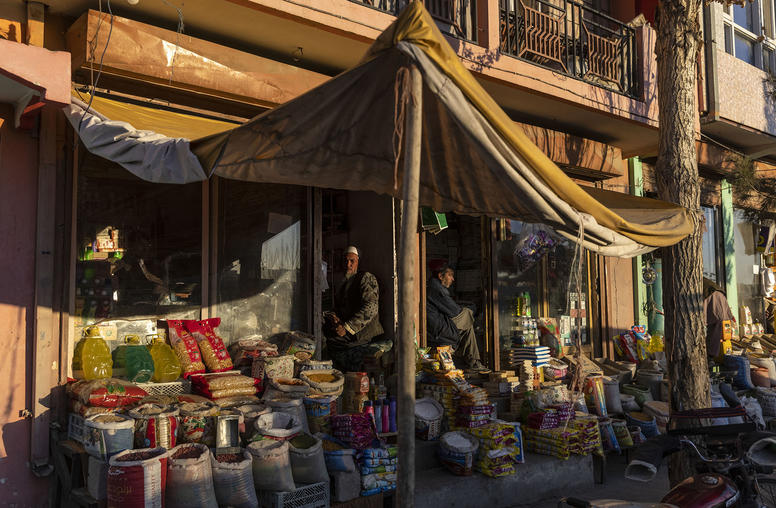
Russia’s Invasion of Ukraine Helps the Taliban and Makes Afghans Worse Off
Russia’s invasion of Ukraine is an acute disaster for Ukraine and Europe. But it also has a profound geopolitical impact — one that will have ripple effects for the major humanitarian disaster in Afghanistan. An active war in Europe is bad news for Afghanistan, as this draws away resources, sympathy and attention from the millions of Afghans that are also struggling to get cash, food and protection from human rights abuse. And the Taliban stand to benefit, since they no longer appear to be the world’s most notorious aggressor and will gain political space to consolidate their control over the country.

The Role of Religion in Russia’s War on Ukraine
On March 6, Russian Orthodox Patriarch Kirill stood to deliver the sermon that traditionally ushers in the beginning of the Orthodox Lent. However, the most notable theme of his sermon had little to do with the annual period of Christian fasting. Instead, the patriarch chose to address a subject at the forefront of everyone’s minds: the Russian invasion of Ukraine.
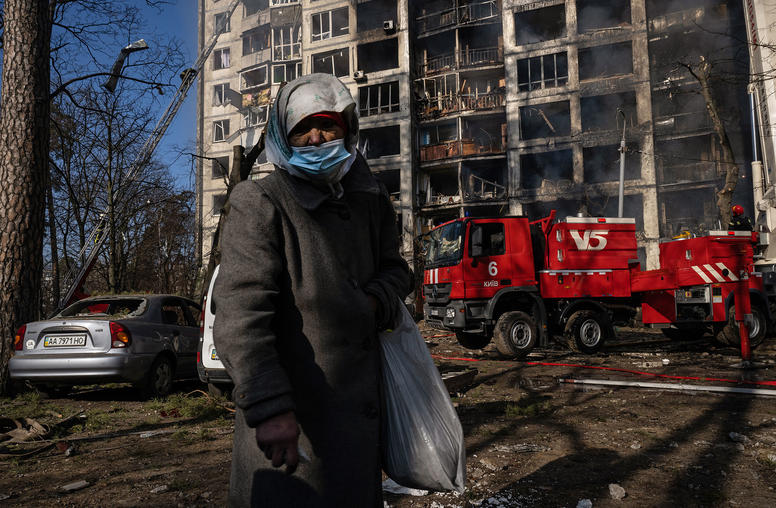
Ukraine’s Defiance Could Force Putin into Talks
Three weeks of heroic resistance by Ukraine’s troops and citizen volunteers, buttressed by a historic international outpouring of support, have denied Russian President Vladimir Putin the lightning seizure of Ukrainian cities that he expected in his brutal assault. As Russia continues to indiscriminately bomb Ukraine’s cities, the stalled ground offensive may force Putin to recalculate. He could escalate violence, but also may be forced to negotiate — and a series of meetings between the two sides could be laying the groundwork for an agreement to stop the fighting. But to even consider any real negotiation, Putin must finally recognize that 44 million Ukrainians and their supporters will resist indefinitely.
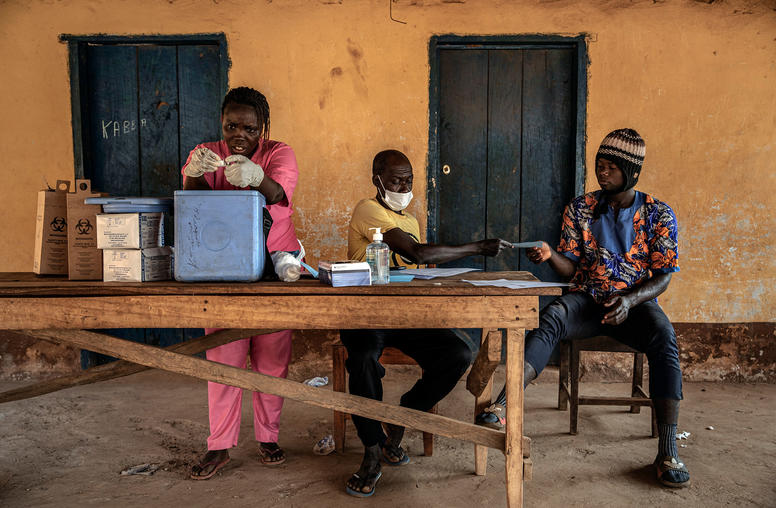
To Counter COVID Amid Crises, Peacebuilding Steps Are Vital
As the world enters its third year fighting the COVID-19 pandemic, health care professionals have administered 10 billion-plus vaccine doses worldwide, protecting large majorities of people in rich countries. Yet few doses have reached those living in war zones or places affected by conflict or violence, who remain largely unvaccinated and vulnerable to the disease. Preventing those countries from falling further behind will require increasing the supply of vaccines, improving delivery and overcoming barriers to vaccine acceptance. It will also necessitate doing more to navigate the politics of vaccine administration, including through peacebuilding strategies that promote dialogue and trust with marginalized communities.
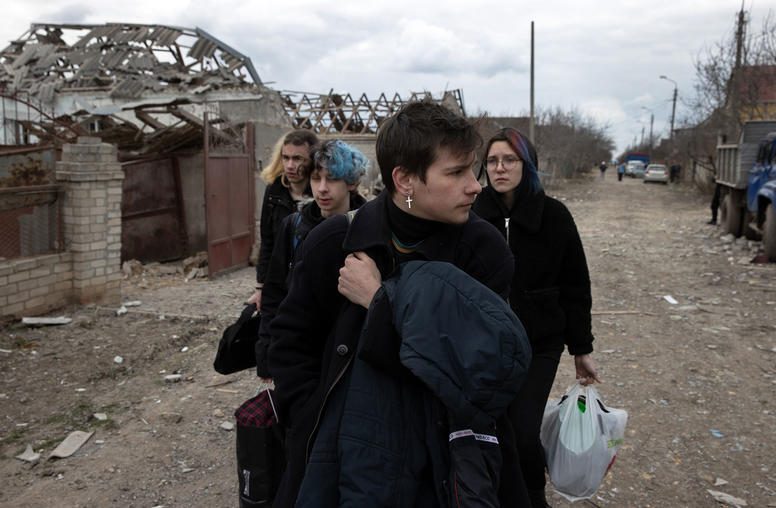
In Ukraine, a War of Rare Clarity Demands Accountability
The world is witnessing a Russian assault so unprovoked, and Ukrainian agony so brutal, that these four weeks have forged a historically rare moment of moral clarity and global unity in affirming the criminality of a war. Nations must convert this clarity and unity into actions. We must sustain support for the Ukrainians who are courageously bearing their unsought role as frontline defenders of the democracy and rule of law on which a peaceful world depends. Second, we must begin now to ensure eventual accountability and justice for the authors of this war. Third, we must buttress our global institutions of that justice.
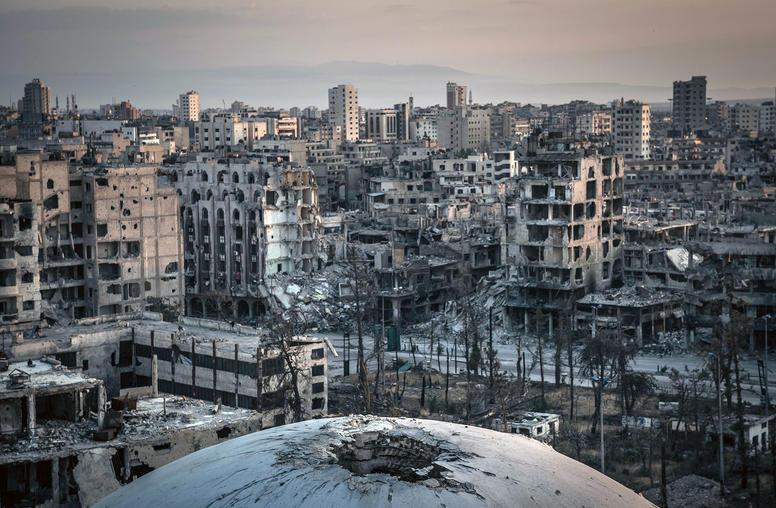
How Russia May Reprise Its Syrian Playbook in Ukraine
The tragic patterns set in Russia’s brutal war in Syria are unfolding anew in Ukraine. Already, chilling parallels are evident between Moscow’s prosecution of the Syrian conflict and its current conduct in its Eastern European neighbor. Going forward, Russia’s Syrian playbook may provide additional insights into its approach to diplomacy as well as how Russia now envisions its eventual Ukrainian endgame.
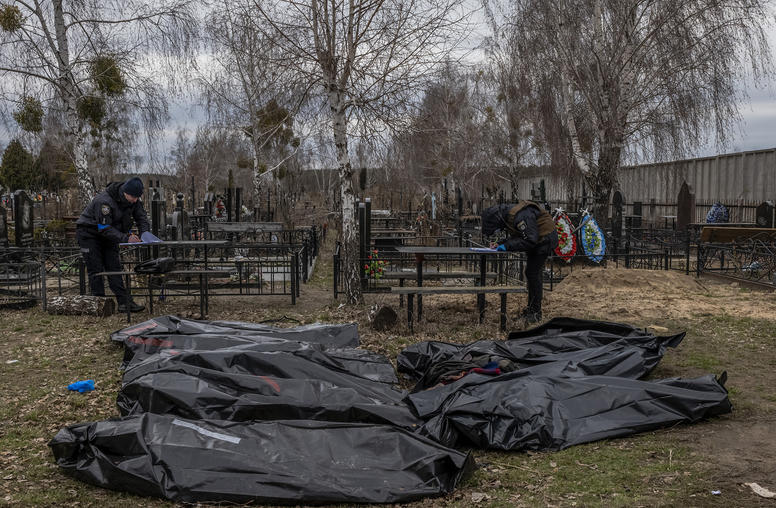
Ukraine: Justice for War Crimes Must Begin with Evidence
Photos and reporting emerging following the withdrawal of Russian forces from towns near Kyiv have triggered global revulsion, notably at the apparent summary execution of civilians. This initial evidence strongly suggests that Russian behavior in towns like Bucha and Irpin amounts to the widespread, systematic violence against civilians typical of atrocity crimes. World leaders have condemned the violence as war crimes, urging investigations and accountability. Ensuring eventual accountability for perpetrators and justice for victims means governments and others must quickly support the essential first step: the broadest possible collection of evidence.
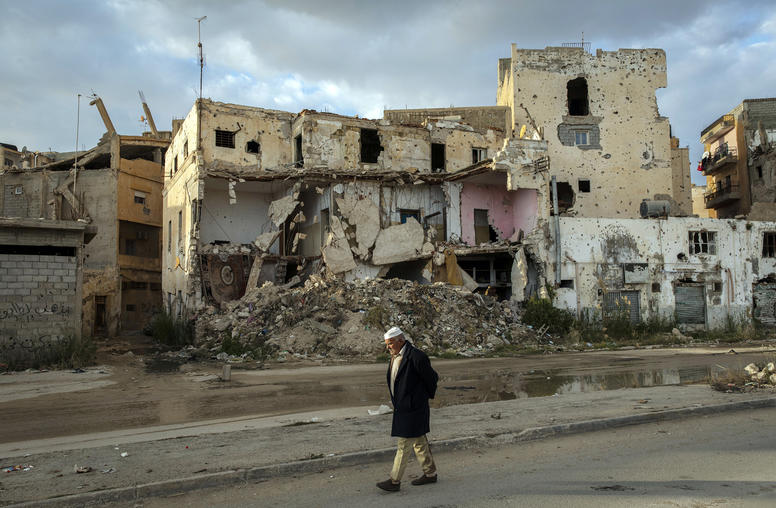
Implementing the Global Fragility Act: What Comes Next?
Amid the ongoing crisis in Ukraine, the Biden-Harris administration has quietly released a new policy that commits the United States to do more to “interrupt potential pathways to conflict” and reduce threats before they arrive on our shores. This new initiative comes at a difficult time for the United States and the world, given the full-blown crises that require the international community’s urgent attention, from COVID-19 to the climate crisis. Still, it represents an unprecedented and promising commitment at the highest levels of our government to apply the important lessons learned from decades of U.S. involvement in conflicts in Afghanistan, Iraq and elsewhere.
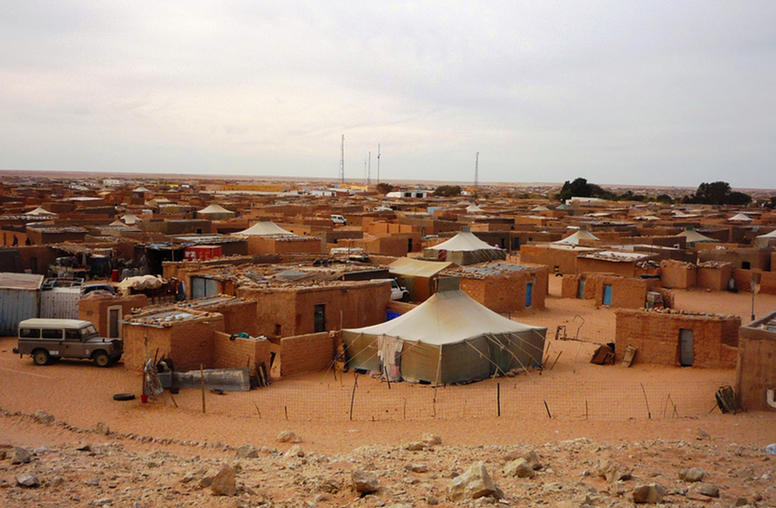
Saudi-Turkish Clash Reinforces Tensions in the Maghreb
Morocco notched a diplomatic win this week as the United Arab Emirates opened a consulate in the Western Sahara, where Rabat has long sought international recognition of its claim over the disputed territory. It also signaled a troubling regional shift. The hostility between Turkey and the Saudi-aligned Arab states risks embroiling the Maghreb region, much as it already complicates conflicts and politics from Libya to the Red Sea region. In North Africa, as across the greater Middle East, a widening of the Turkish-Saudi confrontation is heightening the risks of destabilization and threats to U.S. regional and counterterrorism interests.